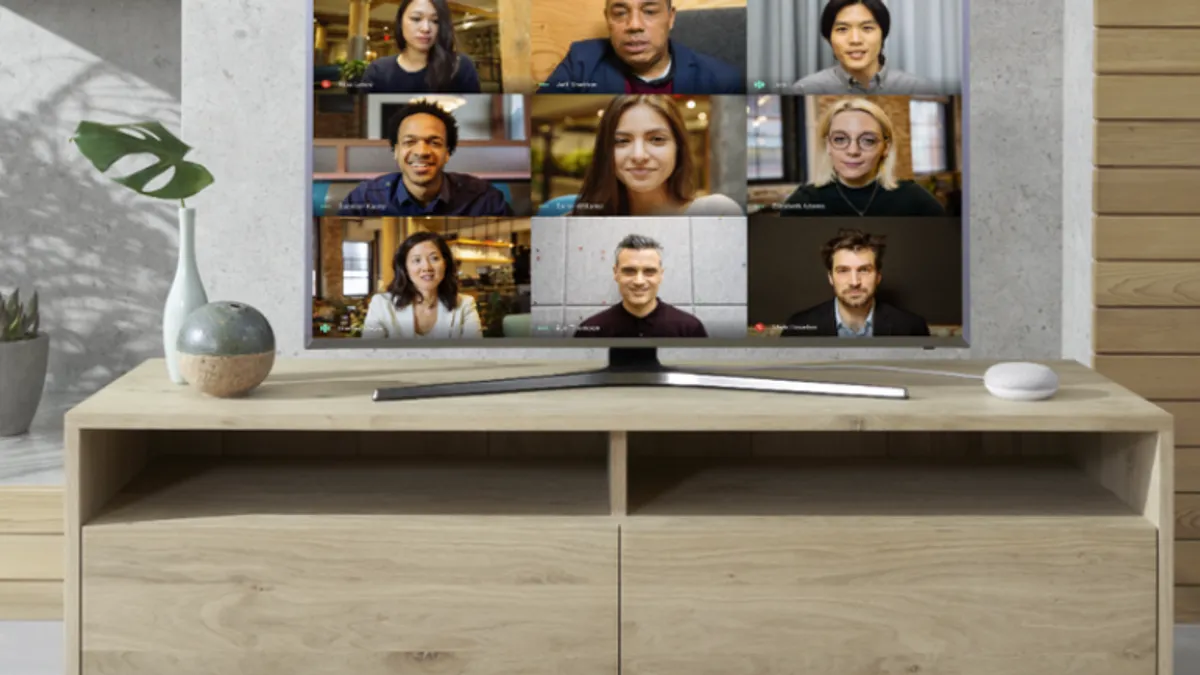Dive Brief:
- Fifty-seven percent of advertisers are most concerned with outcomes measurement, and 50% most want transparency in upfront buying, according to new research that Advertiser Perceptions emailed to Marketing Dive. Only 22% indicated they were most concerned about moving the timing of the annual TV upfronts buying season.
- Nearly 66% of advertisers say digital and mobile video are more important to advertising success than linear, streaming or connected TV.
- Despite Procter & Gamble Chief Brand Officer Marc Pritchard declaring last week that his company would no longer attend the upfronts, only 7% of advertisers in Advertiser Perceptions' study said the events should be canceled.
Dive Insight:
Advertisers appear in agreement that the annual tradition of TV networks previewing upcoming programming to advertisers to secure big spending commitments in advance — typically referred to as the TV upfronts — is a broken system. However, there's less agreement when it comes to strategies to fix the annual TV buying season, with P&G — one of the largest advertisers in the world — planning to sit it out and pursue more direct buys while those surveyed for Advertiser Perceptions' Upfronts and NewFronts report supporting some sort of organized marketplace for TV buying. Roughly two-thirds of advertisers supported a platform where buyers can negotiate high-volume deals. The upfronts also offer access to preferred rates and unique program offerings, the advertisers said.
What a TV buying marketplace looks like going forward, however, may differ from upfronts of the past. A full 75% of this year's virtual attendees found the events to be "as effective or better than in-person events." In addition, roughly 60% of advertisers report they bought less upfront this year but added they secured options to expand their upfront pricing for later buys. It is possible such deals could continue in future upfronts.
The remainder, meanwhile, diverges about the best time to hold upfronts. According to the study, one-third of advertisers favor a calendar year, whereas another 30% want multiple events throughout the year. Nearly as many (28%) want to keep the traditional spring upfront.
Delivering the keynote address at the Association of National Advertisers' Media & Measurement virtual conference last week, Pritchard called for an overhaul of the legacy media supply chain. With content premiering year-round — and on many different platforms — Pritchard suggested aligning upfront buys to a company's fiscal year, if not eliminating them altogether. Only 7% of advertisers in Advertiser Perceptions' study agreed with canceling upfront events.
The questions about the upfronts comes as TV becomes less important to advertisers in general and advertisers are looking for more accountability when they do spend on TV, per the report. Beyond the 57% most concerned with measurement, 52% prioritized accurate audience measurements for TV audiences.
"Digital media are accustoming advertisers to more granular measurement of audience and potential impact," Andy Sippel, executive vice president at Advertiser Perceptions, said in an emailed statement. "Advertisers want more of this from TV, and they're more concerned with the terms of the deal than the timing of the negotiation."
Advertiser Perceptions' Upfronts and NewFronts study involved 301 online interviews with agency and marketer professionals conducted between June 29 and July 20, 2020. Coming amid a broader discussion within the advertising industry about revamping the TV upfronts as the system has been upset by the pandemic limiting programming production or holding in-person events, the study underscores the need for more to be done in determining the best course to meet the needs of all parties involved, including advertisers, media owners and agencies.














